 How to Become
How to Become
Even if you’re familiar with some of the different careers in forensics, you may not know the specific paths that lead to them, or the options and decision points that present themselves along the way. So, we’ve carved out a section of our blog to provide very detailed, step-by-step, descriptions of how to become everything from a forensic accountant to a forensic psychologist. Like many career paths, forensics career paths can be complex and nuanced, and are rarely “one size fits all”, so we’ve attempted to break down the major decision points, and clarify the essential component skills, experiences, and educational qualifications for each path, along with the personality traits, likes and dislikes that might make one career a better fit than another.

How to Become a Fraud Investigator – Education & Qualifications
Fraud investigation is the research of intentional criminal deception and involves civil and criminal methods of examination. Professional fraud investigators have a variety of job responsibilities in corporate or government-based institutions.
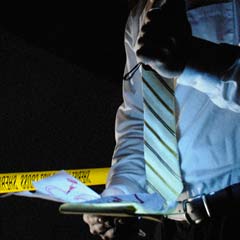
How to Become a Detective
If you already are working as a registered nurse and have an interest in protecting the welfare and health of others, you may want to consider training to become a forensic nurse examiner. As such, you will continue to work in nursing, but will learn to recognize and document the signs of abuse and violence that could be used to prosecute a criminal in a courtroom.

How to Become a Criminal Profiler
Whether you are thinking of changing careers or are currently in school looking for the right career path, if you found your way here, you want to know how to become a criminal profiler. With the proliferation of characters acting as profilers on television and in movies, the profession is certainly one that draws a lot of attention.
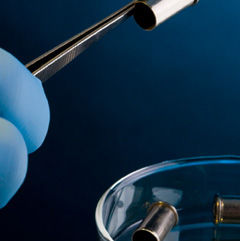
How To Become a Forensic Scientist
Forensic scientists have very interesting jobs that can take them from crime scenes to labs and to courtrooms. Those who have interests in the medical field, science, and law enforcement will find that this may be a perfect career option. Before learning how to become a forensic scientist, it is important to understand what those in the field do on a daily basis.

How to Become a Forensic Nurse
Forensic nursing—an area at the intersection of medicine and law—is a specialty only recently recognized by the American Nurses Association (ANA). Read on to discover how to join the burgeoning field of forensic nursing, including information about accredited educational programs (online and on-campus) and professional certification.
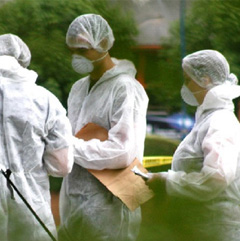
How to Become a Crime Scene Investigator (CSI)
The crime scene investigator, also called a CSI, will come to crime scenes in order to conduct an investigation and to collect evidence, and although there are varied paths to becoming a crime scene investigator, they typically involve a mix of rigorous coursework and empirical training.
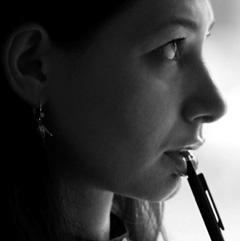
How to Become a Forensic Psychologist
What do forensic psychologists do? Responsibilities may vary, but most psychologists in the field help police determine the motives for certain crimes, narrow down a suspect pool, and generally provide deeper insight into the criminal mind in order to assist investigators.
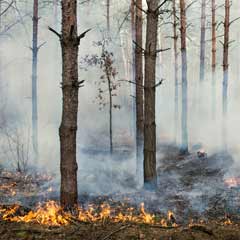
How to Become a Fire Investigator
Fire investigators, also known as arson investigators, perform an invaluable service to society: they determine the causes of fires, and when necessary, whether a criminal act of arson was involved. These professionals employ both the skills of a scientist and those of a detective in their investigations.



